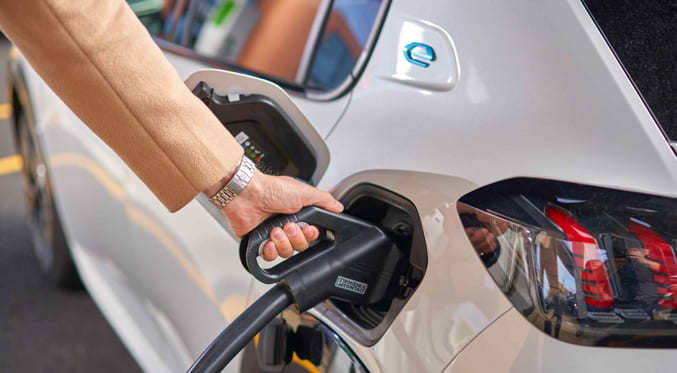
Electric vehicles are making news in recent times for being cost effective and environment friendly. However, widespread acceptance and a shift from fuel based vehicles will take time. Electric vehicles (EVs) have been around for a long time since the 1900s. But they have been slow to take over the roads in many countries, including India. Recently, they have emerged as an area of focus for the government and other stakeholders as consumers across the country are becoming more aware and interested in electric vehicles. An Electric Vehicle is a battery powered vehicle that operates on an electric motor instead of an internal combus- tion engine or a fuel tank. It has low running costs due to fewer moving parts, cutting down on fuel emissions. EVs have emerged as a means of alternative transport in several countries across the world. Considering India’s rising urbanization, economic growth, travel demand and energy security, it is time for EVs to penetrate into the Indian market. Innovative pricing, appropriate technology and support infrastructure are necessary. But these come with several challenges. Lack of support from central as well as state govern- ments discourages both consumers and manufacturers of electric vehicles. In 2018, Niti Aayog had urged state governments to frame policies for the promotion of electric vehicles. At present, only 14 Indian states have either come up with draft policies or have notified one. Moreover, heavy import duties levied on electric vehicles such as Tesla makes it out of reach for consumers in India. The company has repeatedly asked the government to slash its high import tax, but no such step has been taken. There is also a need for a robust and accessible network of charging infrastructure in the country for these EVs. Planning for parking spots at multiple locations along with ubiquitous low-tension (LT) electricity distribution infrastructure must be implemented properly. So far, there are less than 2,000 charging stations in India, which must be expanded for electric vehicles to boom in the country. Meanwhile, the record prices of petrol and diesel at present has raised concerns for motorists and vehicle owners across the country, paving the way for serious discussions on electric vehicles. Despite these setbacks, India has made huge progress to raise awareness about electric vehicles. At the UN Climate Change Conference in Glasgow, India pledged to support the global EV30@30 campaign, which plans to have 30 per cent new vehicle sales be electric by 2030. The central government also launched a web portal, E-Amrit, for information regarding electric vehicles such as purchase, investment opportunities, policies and subsidies. Further, Indian car manufacturers such as Tata Motors have entered the EV segment with its Nexon EV and Tiago EV. Mahindra’s eKUV100 and eXUV300 are expected to launch by next year, while Maruti plans to sell EVs only after 2025. Other manufacturers are waiting for the right time to enter the fray.
10 Jan 2022
Rupashree Ravi